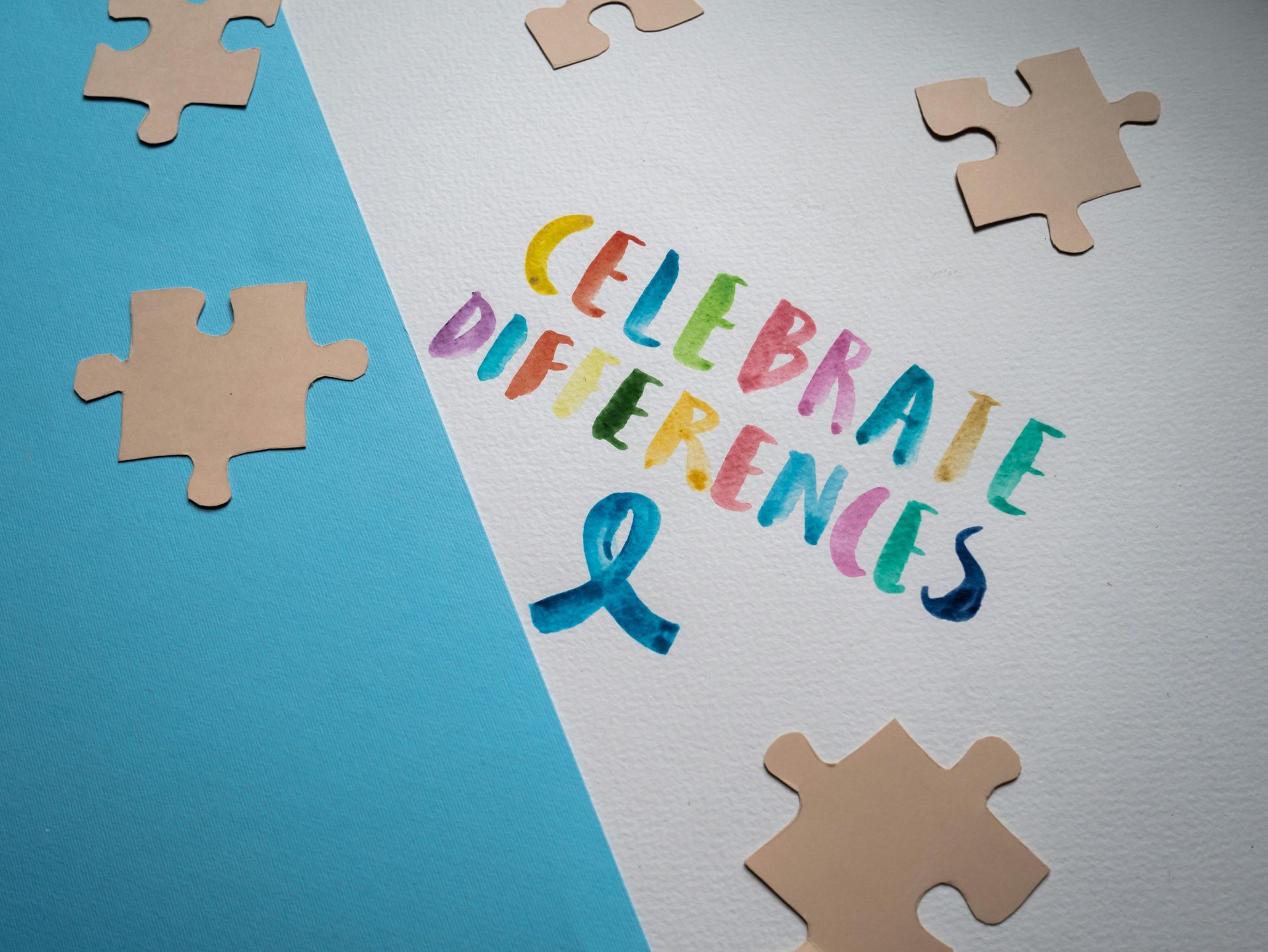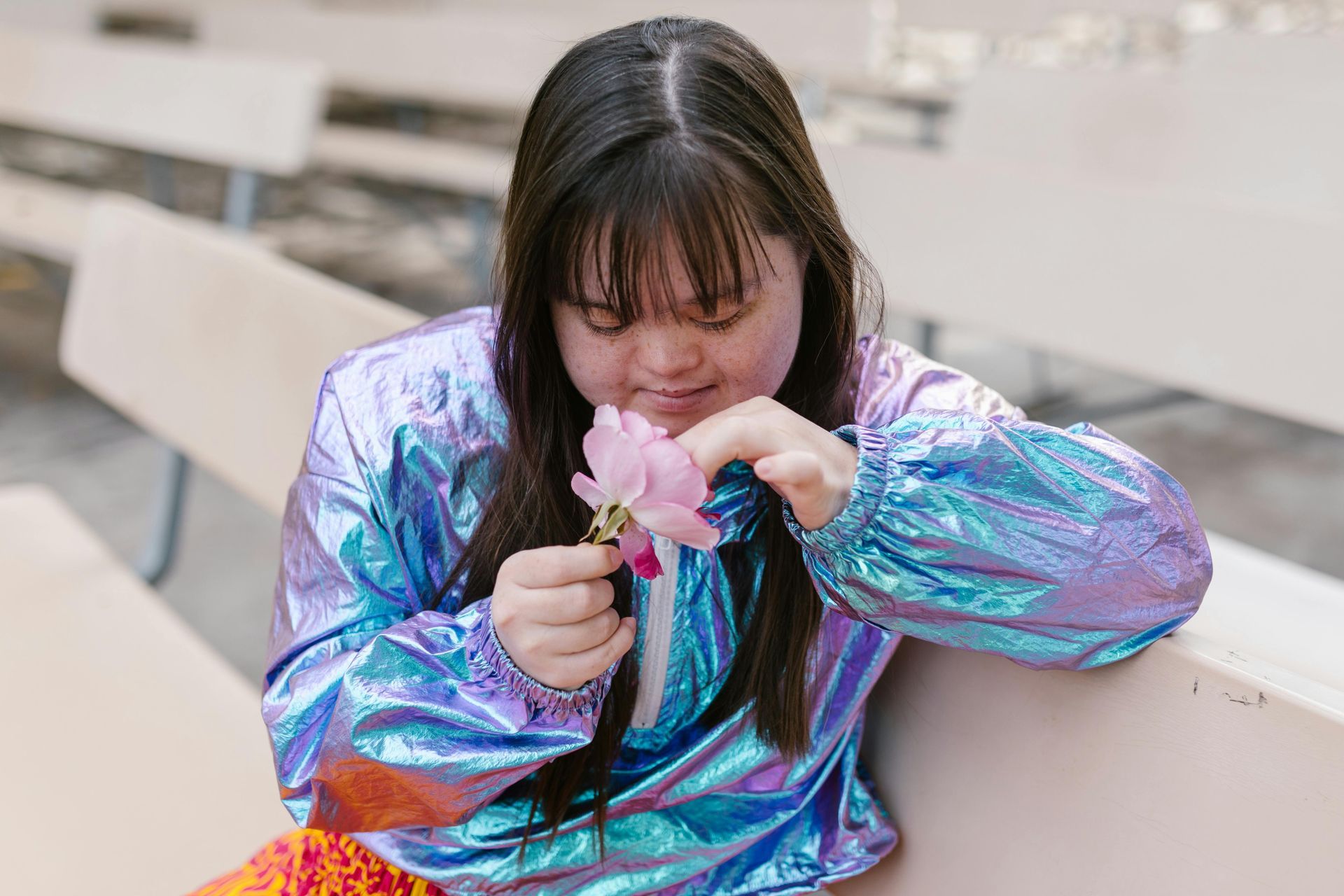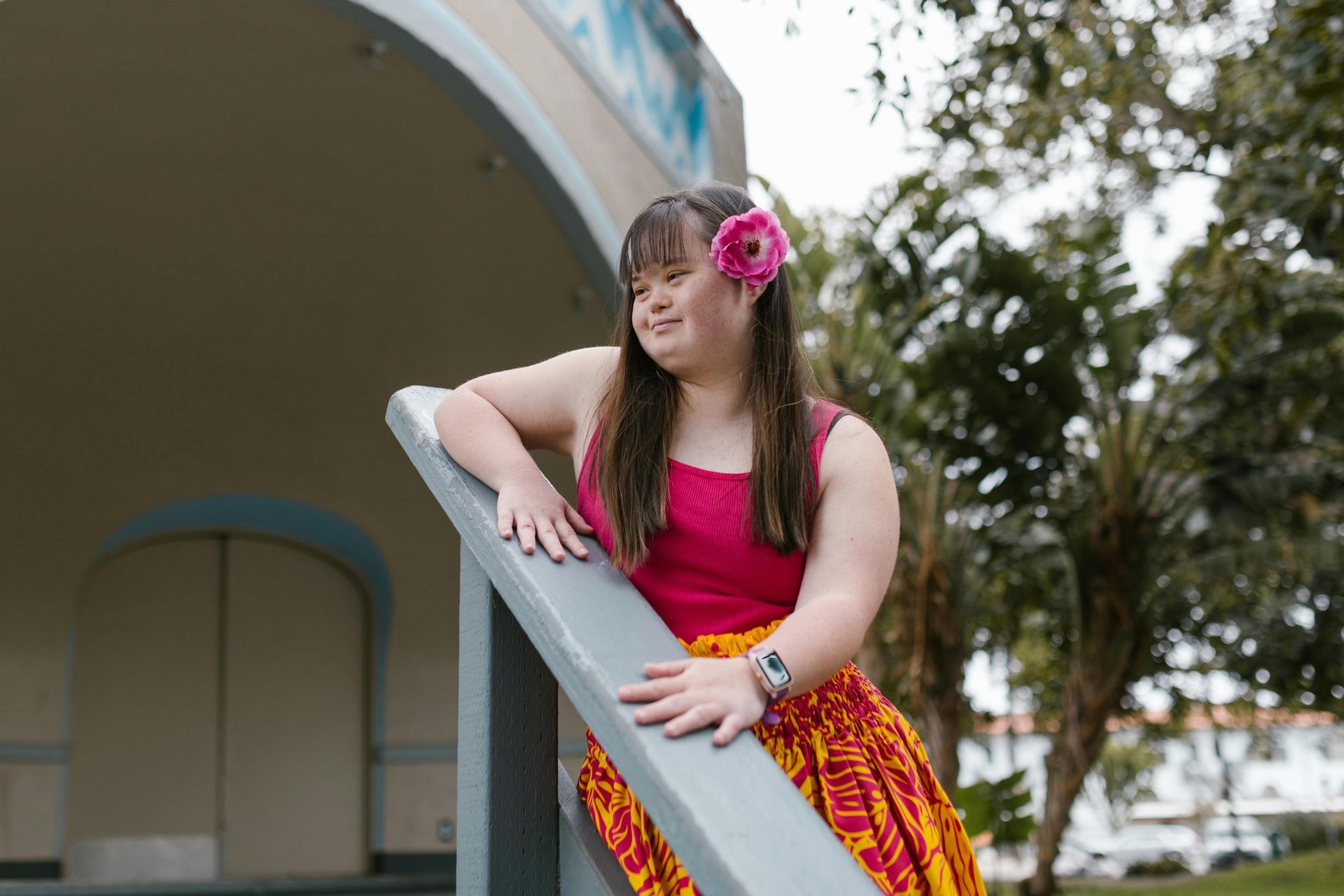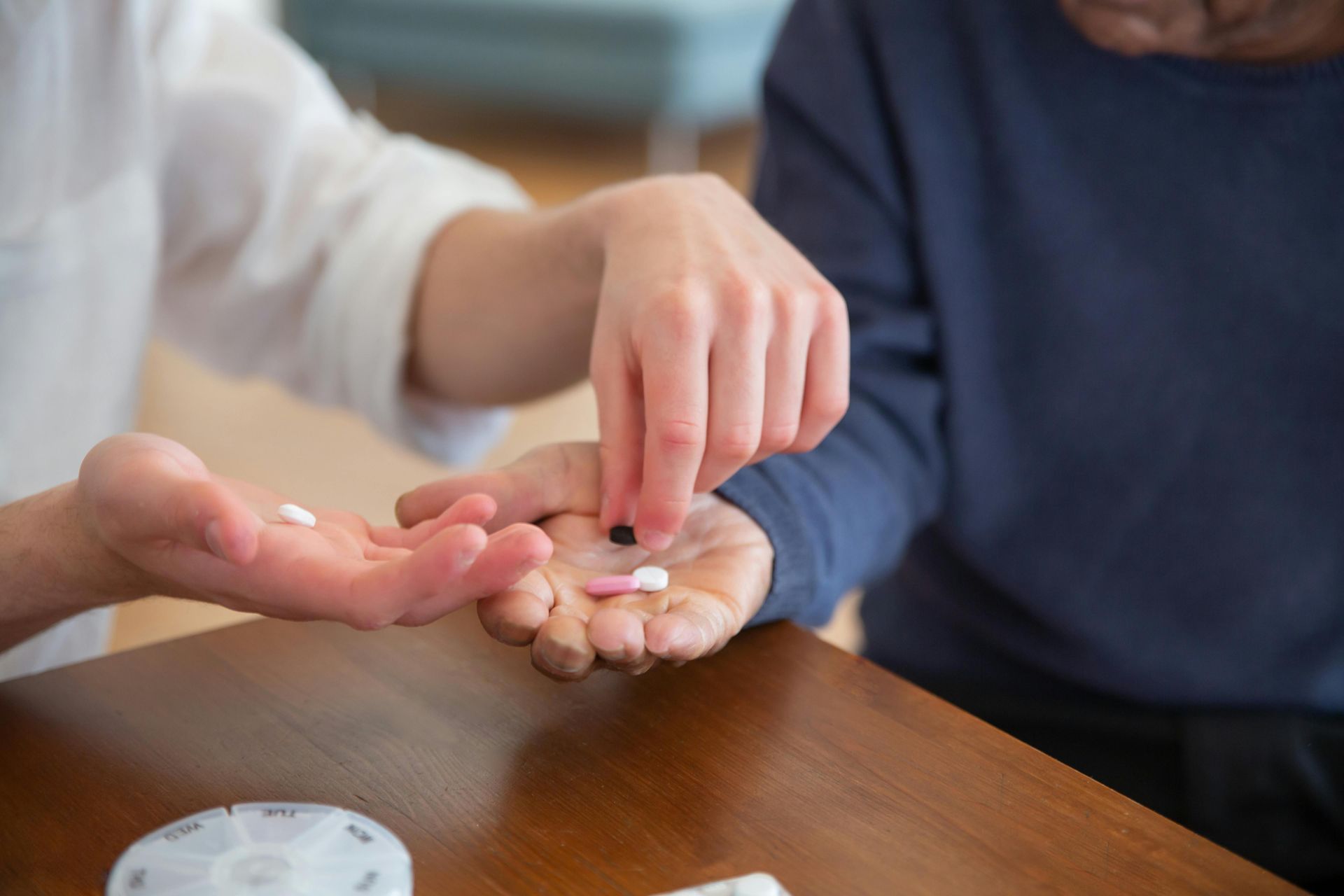Every individual with a developmental disability has unique abilities and challenges.
Empowering them requires understanding, patience, and the right support systems. Whether you’re a caregiver, family member, or educator, the goal is to create an environment that encourages independence and confidence.
1. Build on Strengths, Not Limitations
Focus on what individuals can do. Identify strengths—such as creativity, memory, or focus—and use them as a foundation for learning and daily living skills.
2. Establish Predictable Routines
Consistency reduces anxiety and helps build trust. Daily routines give individuals a sense of control and security, making transitions smoother.
3. Use Visual Supports
Visual schedules, picture cards, and step-by-step guides can help individuals understand expectations and tasks more clearly.
4. Encourage Social Interaction
Social development is just as vital as academic or physical growth. Organize structured group activities that promote communication, cooperation, and empathy.
5. Collaborate with Professionals
A multidisciplinary approach—including therapists, educators, and behavioral specialists—ensures a holistic plan that meets individual needs.
6. Celebrate Every Achievement
Progress may look different for each person. Acknowledge every step forward, no matter how small—it builds confidence and self-worth.
When we focus on inclusion, empathy, and understanding, we open doors to greater possibilities.
👉 Looking for expert support to enhance quality of life for individuals with developmental disabilities in Maryland? Contact Global Hands Inc. today.
#DevelopmentalDisabilities #SpecialNeedsSupport #InclusiveCare #DisabilityAwareness #CaregiverTips #Empowerment










